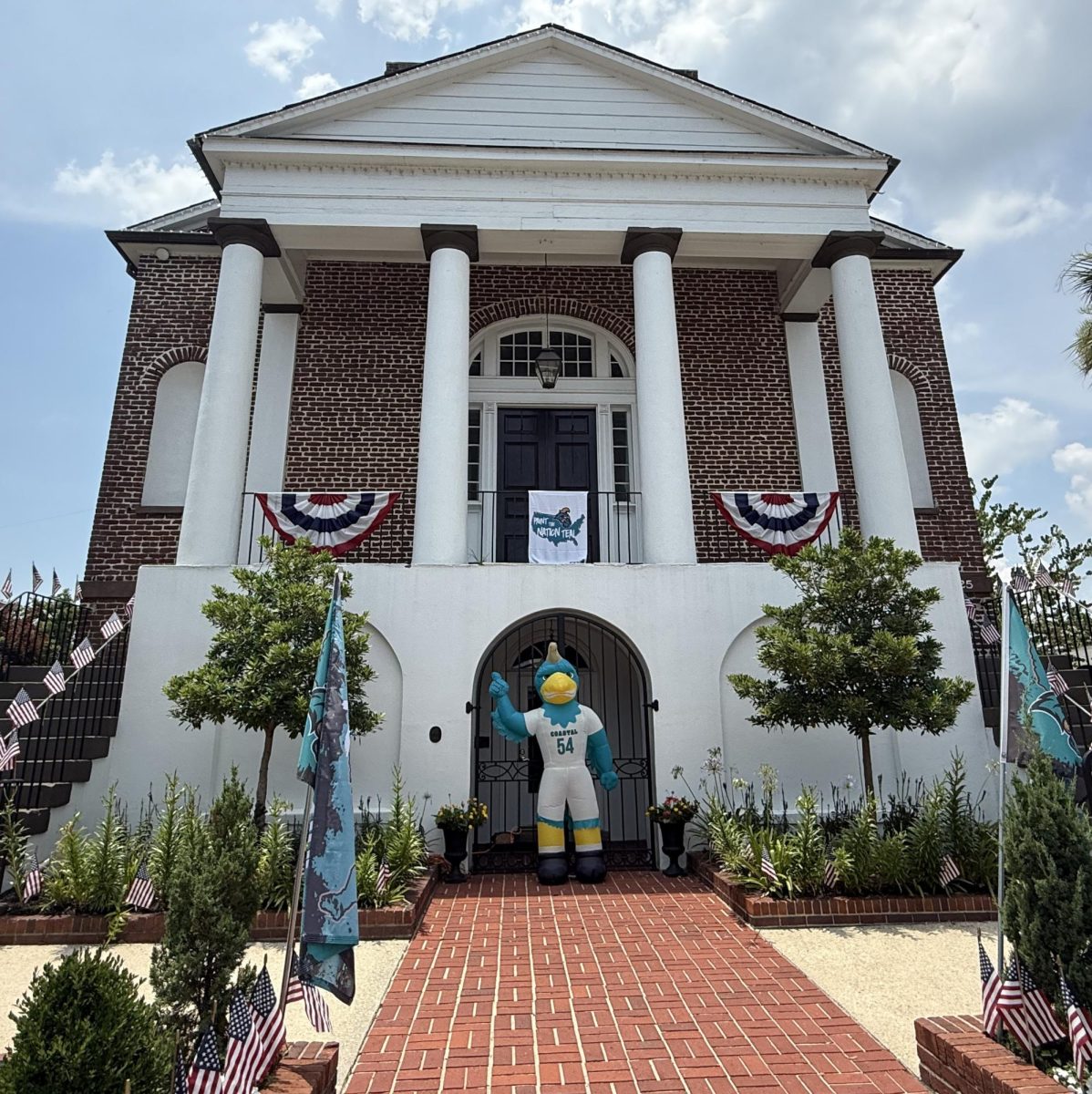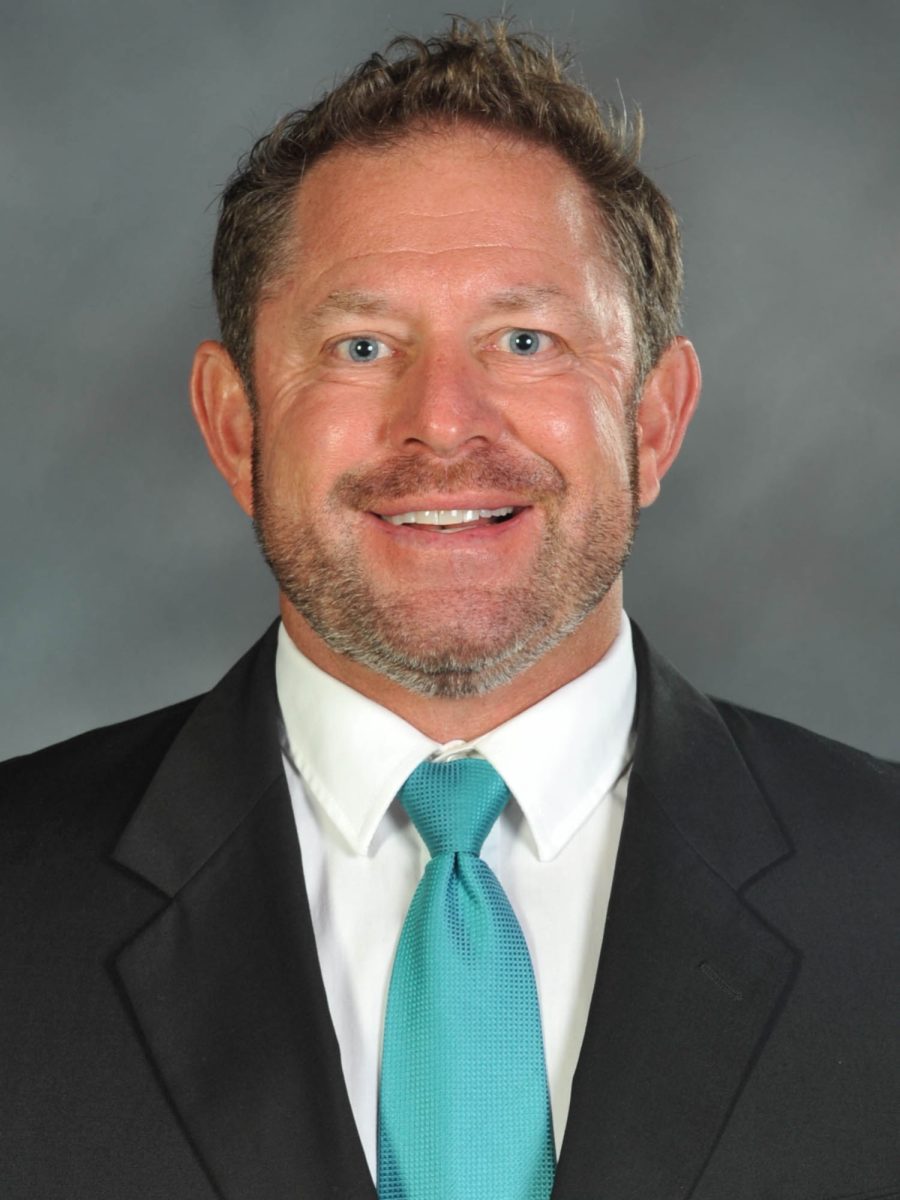Some young female voters found themselves in varying states of shock, betrayal, exhaustion and despondency after the 2024 presidential election results, and are weary of what the next four years may bring.
Pending final results of the House, there is the possibility of a unified government in which the Republican party holds majority over the executive, legislative and judicial branches of government.
Concerned parties worry harmful policies will be passed with ease, fearing for their and others’ right to autonomy– which goes beyond the controversial topic of abortion.
Graduate student Remy Niland came to South Carolina from Massachusetts to pursue her Master of Arts in writing at Coastal Carolina University. Her disheartenment of the election results came with the realization that she likely will not have the same reproductive freedoms or protections in South Carolina as she would at home.
“I do have concerns, especially for like, women’s rights, gay rights and just people being able to live as humans and be treated as humans in general,” Niland said.
Reproductive freedoms like medically safe abortions and contraception access have been on the chopping block since the overturn of Roe V. Wade in June 2022, with the rights of women left to be decided by the states.
There were rumors of Republican attempts to ban same-sex marriage, ban abortion entirely and cut funding for gender-affirming care, amidst the release of Project 2025 over the summer. While President-elect Donald Trump denounced Project 2025 and denied any affiliation, fear of unknown Republican goals left communities nervous about the coming term.

The CCU Department of Political Science hosted a post-election panelist discussion on Wednesday, Nov. 6 to ease woes and explain the inner workings of the election.
Panelists included Professor Atiya Stokes-Brown, Assistant Professor Hillary Style, Associate Professor Justin Vaughn and Department Chair Adam Chamberlain. Panelists discussed voter turnout, the politics of fear and the complexity of policy making.
“Yes, unified government, generally speaking, means greater ability to execute a policy plan, but with the margins being so close, and knowing that people in Congress have to engage in coalitions and that there are many issues that can drive them, there’s not a real need yet to be fearful,” Stokes-Brown said.
Vaughn suggested the Democratic Party reevaluate their campaign actions and implement changes to strengthen their party.
Styles said the party needs to establish an identity not centered around one likable person, but around strong ideals coalitions can form behind. While a unified government may seem daunting, Stokes-Brown said it is incredibly important that we people listen, learn, critically analyze and engage.
Kennedy Kovach, sophomore political science major with a minor in political and economic thought, attended the panelist discussion and learned how the Democratic Party could be stronger.
While disappointed with the results, Kovach reminds herself to stay positive.
“I mean, being able to maybe influence Congress to have an impact over laws, over like, women, would have been promising,” Kovach said. “I’m just trying to think positively because this is four years and it’s done.”
Some students on campus feel hopeful for the coming years, like freshman health science major Logan Ortiz. Ortiz feels more economically secure with President-elect Trump in office, but is against a unified government, as Ortiz supports difference in opinion.
“I think we should be more diverse in our ideas, rather than where we came from. I think it’s better to have different mindsets and different perspectives,” Ortiz said.
Despite who they votes for, a lot of young people consider election season can be unnerving and frustrating.

Wendy Weinhold, associate professor of the Communication, Media and Culture department understands the turmoil students may feel and encourages them to channel these feelings into action toward something good.
Weinhold suggests getting involved in local government, local campaign headquarters or groups on campus, whether to get involved in politics or to find support and community.
“It is an idea, and an ideal, that if we truly care about our country, we have to keep working. Not fighting, working,” Weinhold said.





















